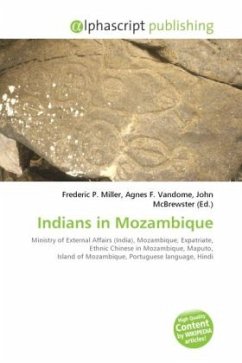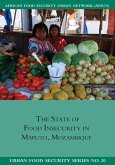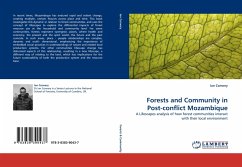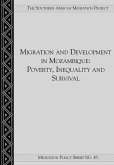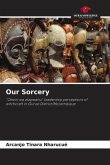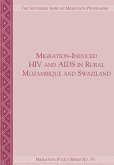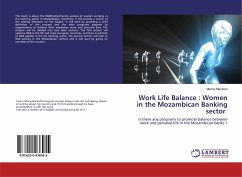Indians in Mozambique form the sixth-largest Indian diaspora community in Africa, according to the statistics of India's Ministry of External Affairs. Roughly 20,000 people of Indian descent reside in Mozambique, as well as 870 Indian expatriates. India's links with Mozambique reach back over half a millennium. Indian Muslim traders from south India's Malabar region plied the trade routes of the Indian Ocean, bringing them up and down the eastern coast of Africa; Vasco da Gama also found Hindu traders in Mozambique when he paid the first Portuguese visit to ports there in 1499. By the 1800s, Vanika merchants from Diu had settled on the Island of Mozambique; in cooperation with Portuguese shippers, they were active in the trans-Atlantic slave trade. Muslim traders from the state of Kutch, closely allied with the Sultan of Oman, began to expand their activities in East Africa in 1840, when the Sultanate relocated its seat of government to Zanzibar; they also bought and sold slaves in Mozambique, but shifted towards ivory under pressure from the British. Cashew nuts were another popular trade item.
Bitte wählen Sie Ihr Anliegen aus.
Rechnungen
Retourenschein anfordern
Bestellstatus
Storno

